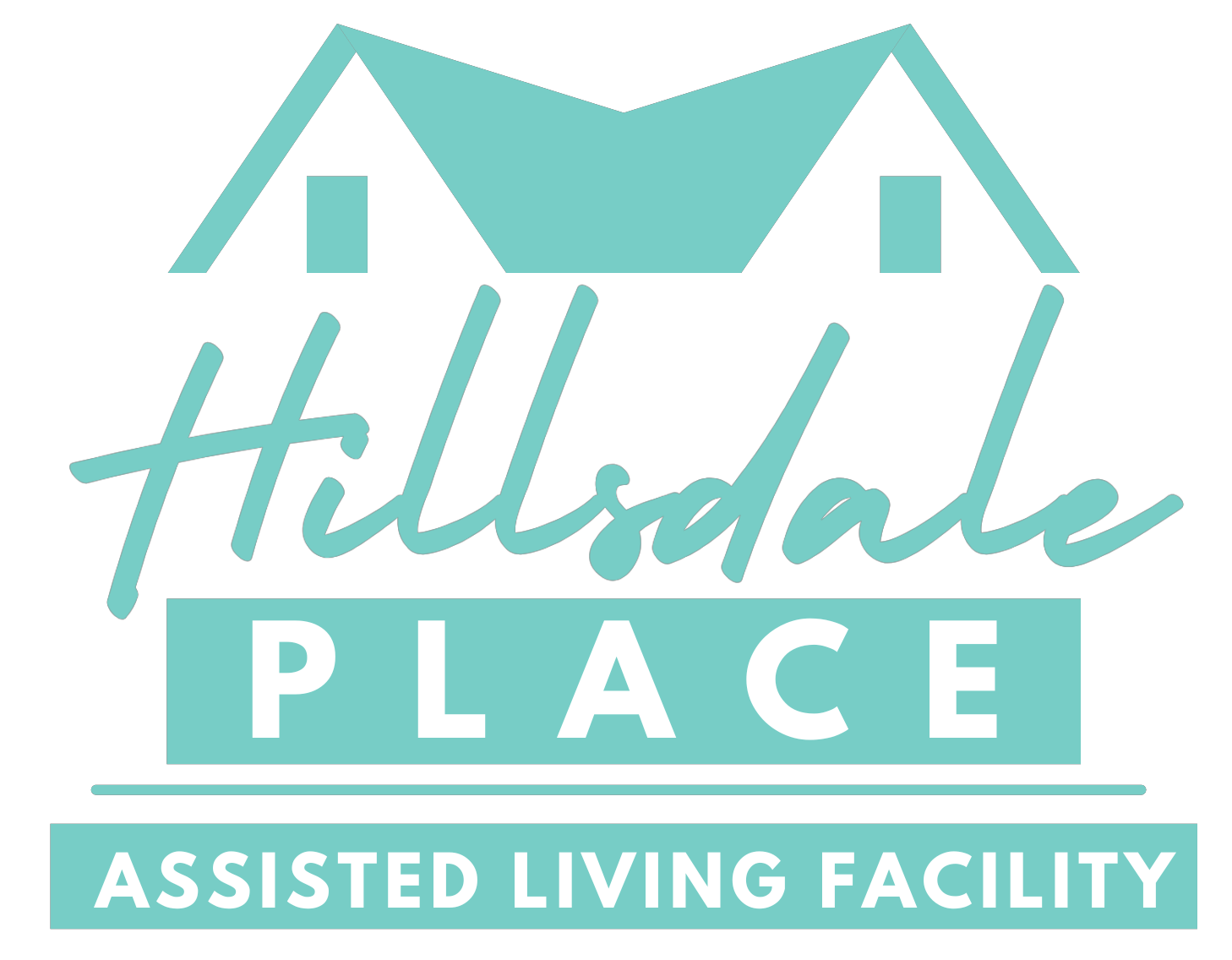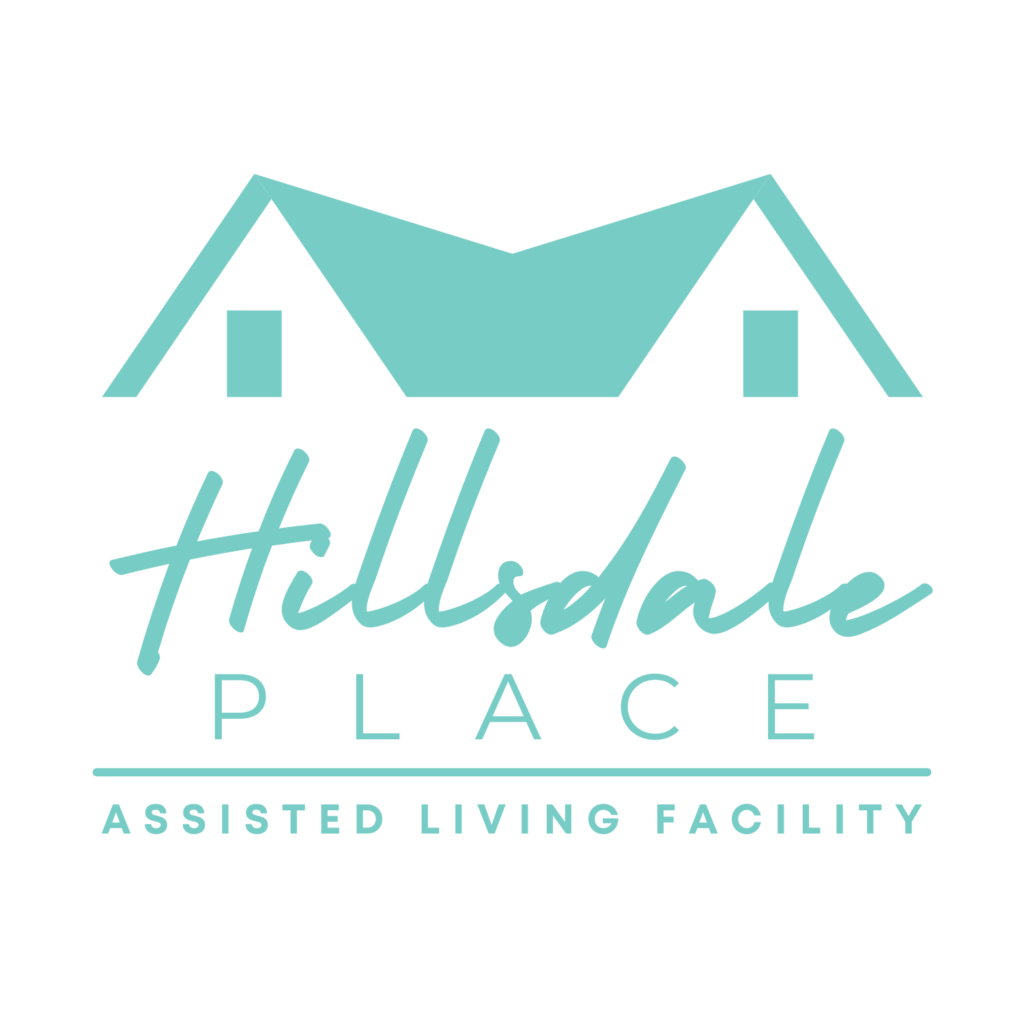Growing older doesn’t necessarily mean surrendering one’s independence. In fact, the opposite should be true. Assisted living facilities have a pivotal role in ensuring seniors maintain autonomy. Here’s how the best in the business approach Strategies for Independence.
1. Adaptive Technologies
From voice-activated assistants to mobility aids, technology has revolutionized senior care. The introduction of these tools in assisted living spaces means seniors can perform many tasks independently. Learn more about the wonders of technology in senior life.
2. Personalized Care Plans
A plan tailored to each individual’s abilities and requirements means they’re encouraged to do what they can, while receiving support where needed.
3. Engaging Programs and Activities
Activities that challenge the mind and body, while still being enjoyable, empower seniors to take charge of their own well-being. Crafting, book clubs, or light physical exercises are just a few examples.
4. Accessible Architecture
Simple architectural adjustments, such as handrails, ramps, and non-slip flooring, make a world of difference in helping seniors move around safely and confidently.
5. Emphasis on Learning
One’s learning journey never truly ends. By introducing seniors to new hobbies or skills, we can empower them to independently explore and grow.
6. Decision-making Involvement
Whether it’s choosing the menu for the week or deciding on a movie night, involving seniors in decisions makes them feel valued and independent.
Conclusion
Assisted living is not about taking control away but about providing the tools and environment for seniors to flourish autonomously. At its heart, Strategies for Independence are about respecting and valuing the individual.
Written by Hillsdale Place. Explore how we champion the independence of our residents, equipping them to lead fulfilling lives.




